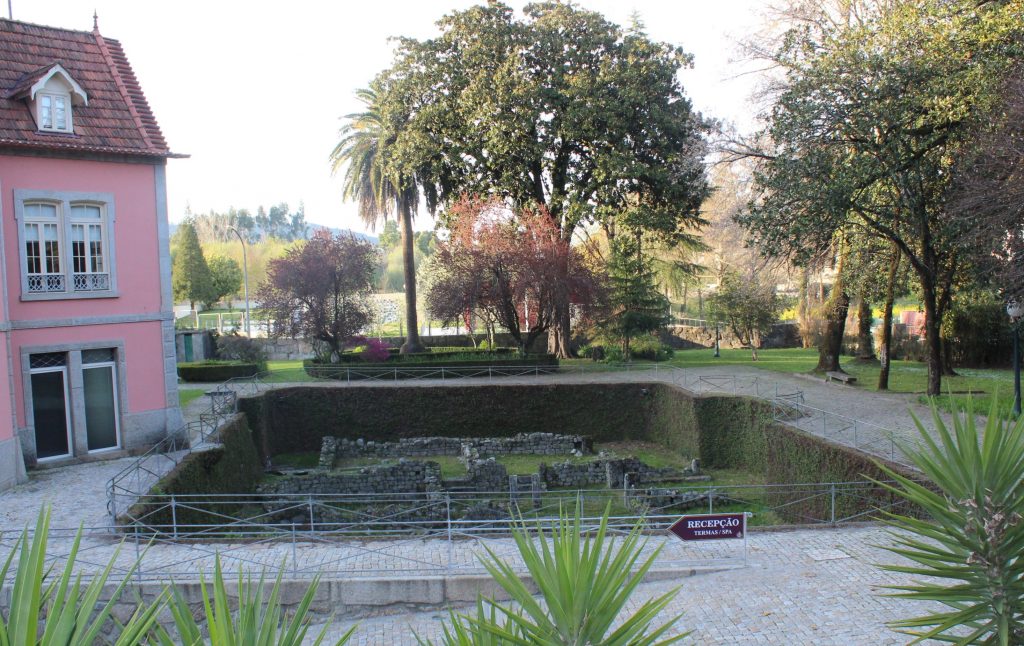fons etiam rivo dare nomen idoneus, ut nec
frigidior Thraecam nec purior ambiat Hebrus,
infirmo capiti fluit utilis, utilis alvo.
A spring, too, fit to give its name to a river, so that not cooler nor purer is Hebrus winding through Thrace, flows with healing for sickly heads and sickly stomachs.
Y además, una fuente digna de dar a un río su nombre, tal que ni más frío ni más puro bordea el Hebro la Tracia, fluye para hacer bien a quien tiene dolor de cabeza o está mal del vientre.
Commentary
Horacio describe a su amigo Quincio su amada finca sabina, que contiene una fuente de agua fría medicinal. Posiblemente se trate del nacimiento del río Digentia, que poseía propiedades curativas para la hidroterapia (cf. Navarro Antolín 2002, pp. 93-94, n. 7 y 9.).


